Faculty of Health Sciences 2024: Stories that resonated
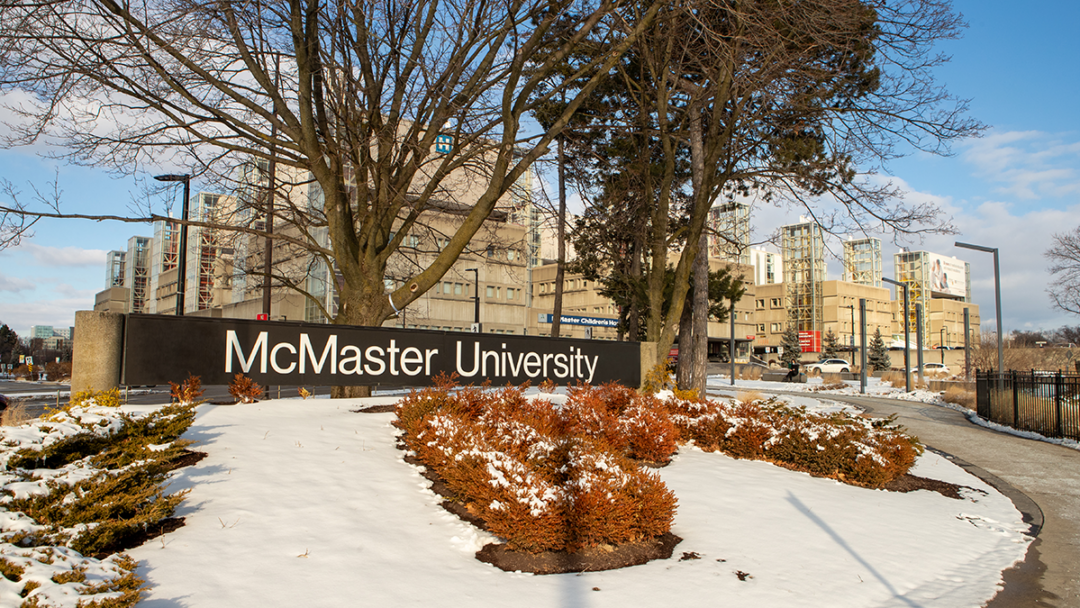
2024 was a remarkable year for McMaster University’s Faculty of Health Sciences.
From groundbreaking research investigating the spread of cancer to the brain or how the body remembers allergies; to spin-out companies and industry partnerships that will accelerate health equity; to the personal experiences of our leaders and faculty members that inform their research and clinical practice – the Faculty continues to be at the forefront of health nationally and globally, preparing tomorrow’s health care professionals and educating the public on health issues that impact them most.
“At McMaster’s Faculty of Health Sciences, it’s important that we acknowledge the excellence with which we operate,” says Paul O’Byrne, dean and vice-president of the Faculty of Health Sciences.
“The end of a year presents a wonderful opportunity to pause and reflect on our collective successes. I am immensely proud to lead such an accomplished Faculty that is steadfast in its commitment to improving health care not just for the people of those in Hamilton and Ontario, but also nationally and internationally.”
Here is a selection of stories from the Faculty of Health Sciences that resonated with our community in 2024:
In this profile, Jon Stokes, assistant professor at McMaster University and a member of the Michael G. DeGroote Institute for Infectious Disease Research (IIDR), speaks about launching Stoked Bio to ensure that such discoveries can be meaningfully mobilized so that they actually help people. For Stokes, this means harnessing AI to find a steady stream of new, breakthrough medicines that make it out of controlled, laboratory settings and into the patients that need them — something that’s historically been a challenge in the antibiotic space.
McMaster and ALK researchers discover new cell that remembers allergies
Researchers with McMaster University and Denmark-based pharmaceutical company ALK-Abello A/S made a groundbreaking discovery: a new cell that remembers allergies. The research was co-led by Josh Koenig, assistant professor with McMaster’s Department of Medicine, and coins the brand-new cell as a type-2 memory B cell (MBC2).
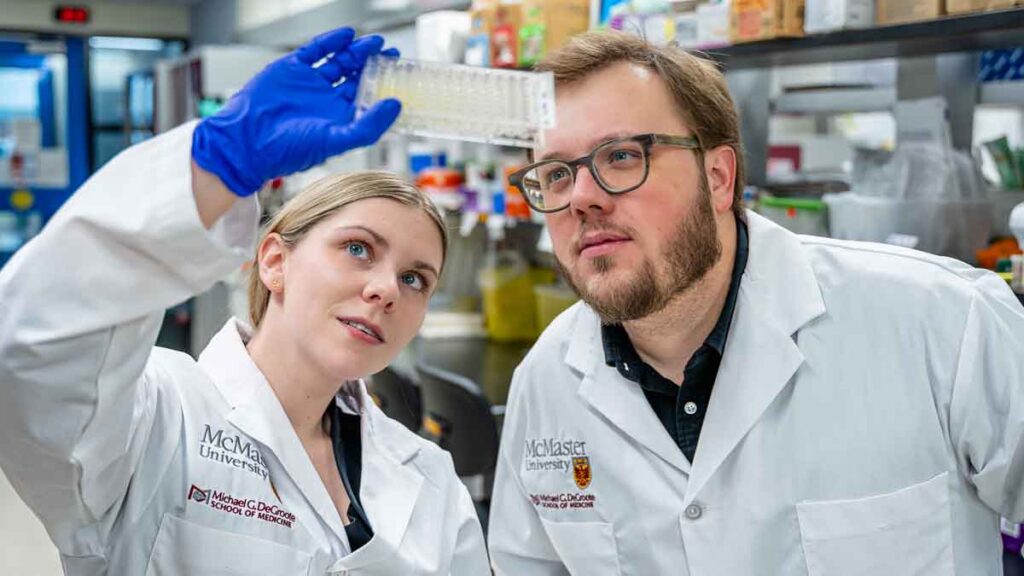
McMaster chemists and neurobiologists team up to tackle cancer that spreads to the brain
Researchers at McMaster University identified a new therapeutic approach to preventing cancer from spreading to the brain. In the new study, researchers Sheila Singh and Jakob Magolan discovered a critical vulnerability in metastatic brain cancer, which they say can be exploited with new drugs to prevent it from spreading.
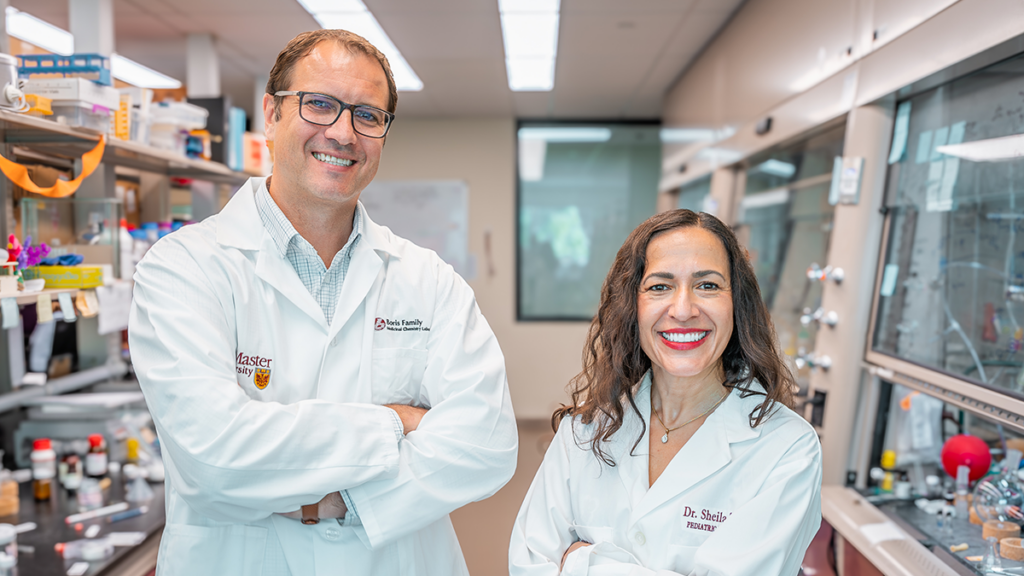
McMaster researchers create first-ever guidelines to help kids build tolerance to food allergens
Researchers with McMaster University crafted the first-ever guidelines to help prepare families who plan to build their child’s tolerance to common food allergens. The international guidelines standardize the preparation process for families considering oral immunotherapy, a process that involves giving very small amounts of an allergen, like peanuts, to patients and gradually increasing the amount to build up their tolerance.
McMaster researchers discover what hinders DNA repair in patients with Huntington’s Disease
Researchers with McMaster University discovered that the protein mutated in patients with Huntington’s Disease doesn’t repair DNA as intended, impacting the ability of brain cells to heal themselves. The study builds off a discovery by researchers with McMaster’s Truant Lab published in 2018, which first detailed the huntingtin protein’s involvement in DNA repair.
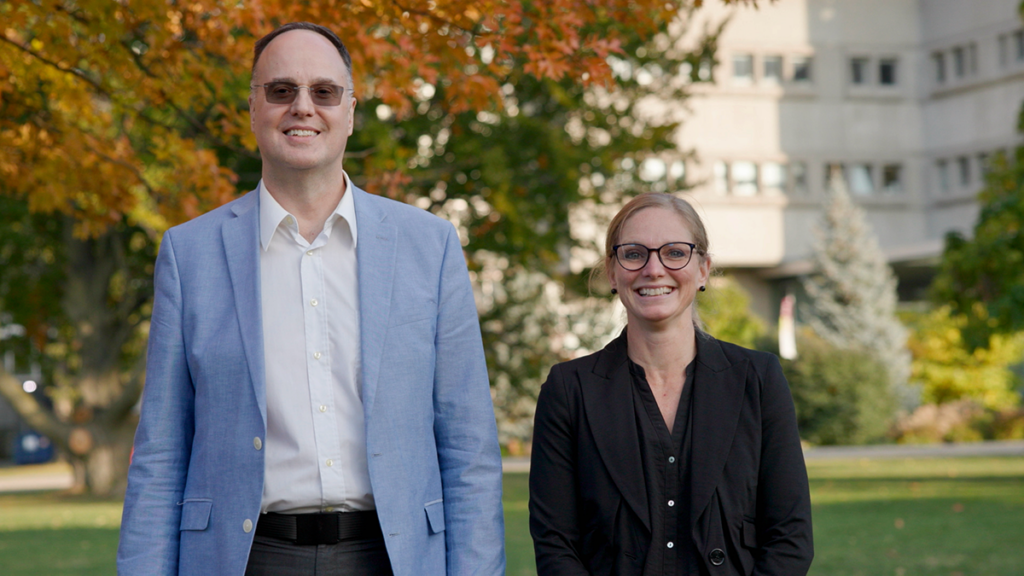
McMaster students are working to beat breast cancer inside and outside the lab
A student-led synthetic biology team made large strides in breast cancer research. In the lab, they are creating a bacteria-powered delivery system for cancer therapeutics, while in the community, they are raising money and support for local research efforts in the Hamilton area.

Meet the Faculty of Health Sciences executive leadership team
McMaster’s Faculty of Health Sciences executive leadership team includes the dean and vice-president, the executive vice-dean and associate vice-president (Academic), and seven vice-deans, who each have important and unique areas of responsibility in support of the Faculty, its key groups and the university’s goals and objectives. In this story, we highlight the Faculty’s executive leadership team and their unique roles.
“Office Hours” is a storytelling series that features some extraordinary Health Sciences faculty members on a deeper level. Lori Burrows, a professor with McMaster University’s Department of Biochemistry and Biomedical Sciences, spoke about the irony of studying bacteria that pose great risk to people when they’re at their most vulnerable — a reality she has firsthand experience with after being diagnosed and beating cancer twice.
“Office Hours” is a storytelling series that features some extraordinary Health Sciences faculty members on a deeper level. Olufemi Ayeni shared why he believes working on professional sports teams has made him a more effective communicator, and in turn a stronger educator and surgeon.

Pfizer Canada and McMaster University to foster health equity in vaccine science
Pfizer Canada and McMaster University announced a significant project aimed at addressing critical gaps in health equity in the development and delivery of vaccines. Pfizer Canada’s investment of $500,000 to McMaster’s Global Nexus supported the university’s commitment to inclusive excellence in research by training emerging scholars from equity-deserving groups in the field of vaccinology, as well as students conducting vaccine research focused on populations who are especially vulnerable to infectious diseases.
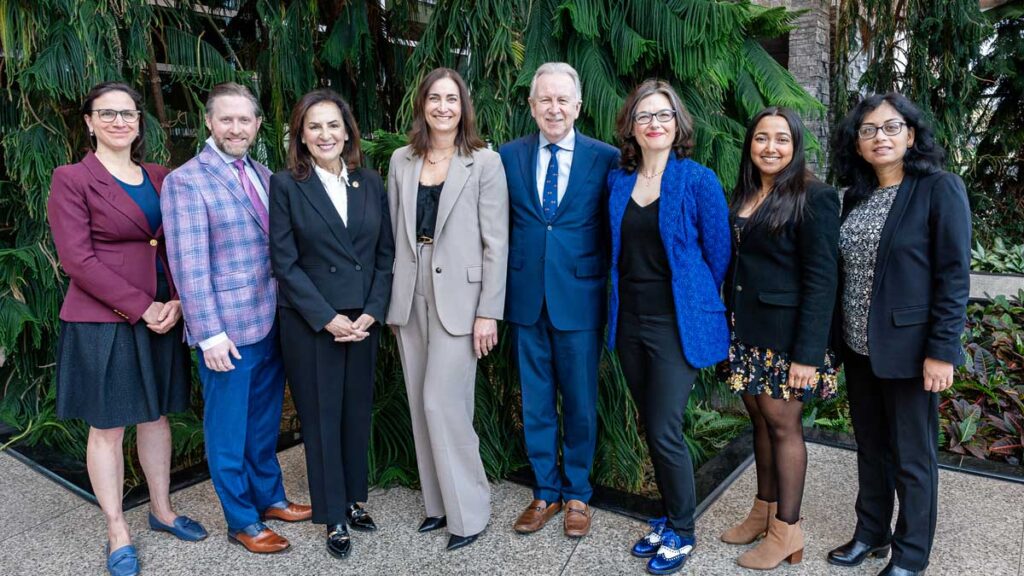
A new pathway that is used by cancer cells to infiltrate the brain was discovered by a team of Canadian and American research groups co-led by the Singh Lab at McMaster University. The research also revealed a new therapy that shows promise in blocking and killing these tumours. The research offers new hope and potential treatments for glioblastoma, the most aggressive form of brain cancer.
Weight-loss drugs in Canada: What experts want you to know
A weight-loss specific medication entered the Canadian market in May 2024. Zubin Punthakee and Katherine Morrison, obesity and diabetes researchers with McMaster University, provided insight into how weight-loss medications work and their uses in adults and children.
Related News
News Listing
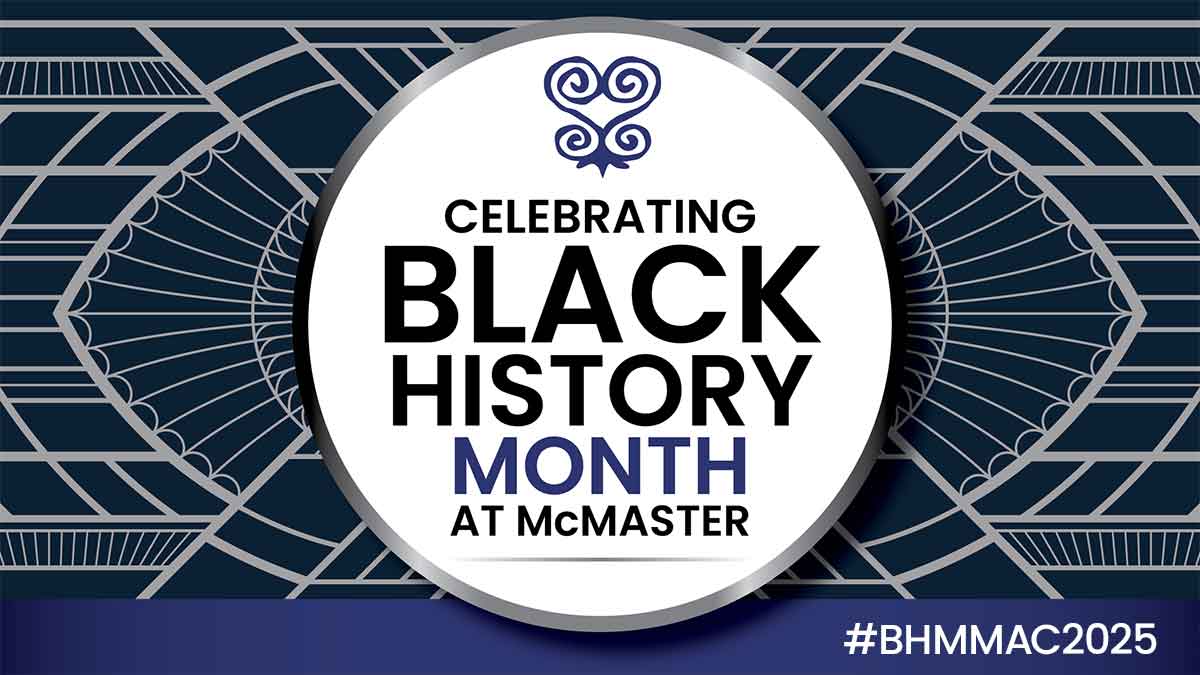
Black History Month message from Saroo Sharda, associate dean of equity and inclusion
Community & Culture, Equity, Diversity and Inclusion
2 days ago
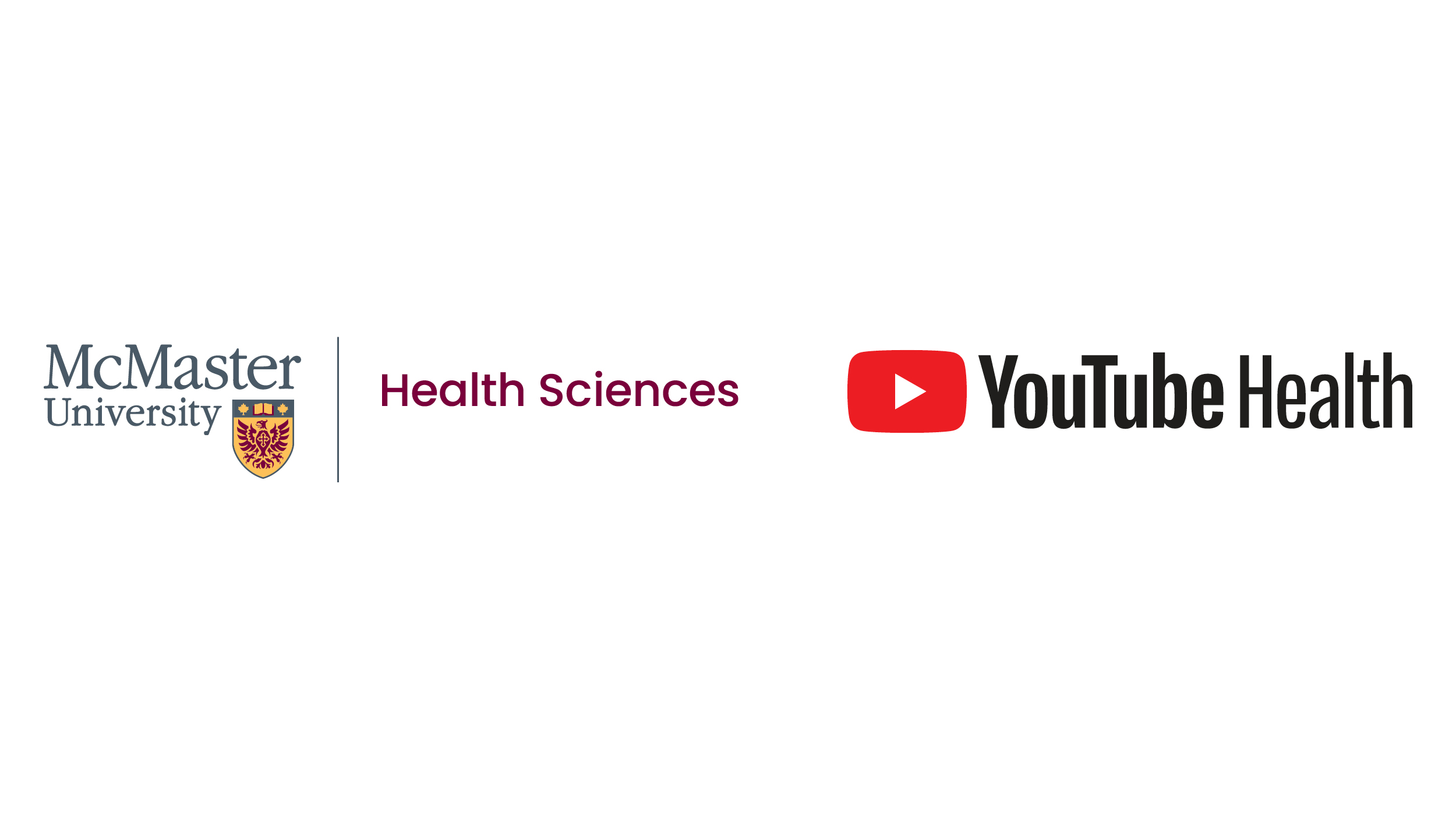
McMaster University expands YouTube Health collaboration with bilingual mental health series
Community & Culture, Feature, Mental Health
January 21, 2025

Daily News ➚
$1M alumni gift from Henry and the late Sylvia Wong fuels advancements in health sciences
Community & Culture
January 9, 2025
